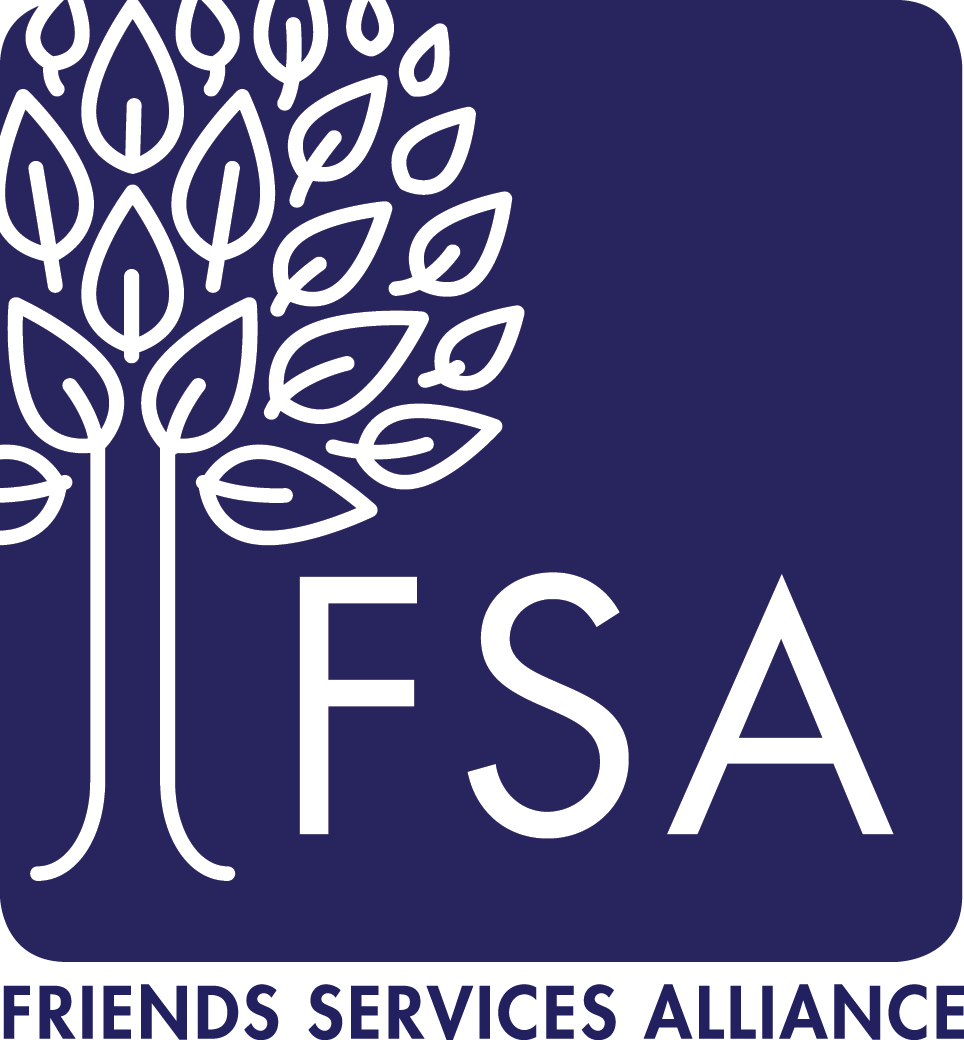GAO Report: Infection Control Deficiencies Widespread among Nursing Homes
Even pre-pandemic, infection control issues persisted in the long-term care environment. According to a 2020 Government Accountability Office (GAO) report, a large majority (82%) of long-term care facilities received infection prevention and control citations at least once from 2013 to 2017. About half of those facilities were cited in multiple years during this period.
Consequences for infection control deficiencies often take the form of corrective action required by CMS, such as conducting staff training and submitting a plan of correction. But severe violations that cause harm to residents and/or staff can result in pulled Medicare funding and costly Civil Monetary Penalties (CMPs).
Here’s a snapshot of violations described in the GAO report. Does your infection control program address these areas – and are staff diligent in following applicable procedures?
- A CNA was present in the workplace with symptoms including fever, cough, runny nose and diarrhea.
- Another CNA failed to perform proper hand hygiene after incontinence care.
- Seven employees had not been screened for tuberculosis.
- Employees who had not been vaccinated against influenza were not wearing face masks.
- A CNA provided incontinence care and then moved on to other resident care activities without removing her soiled gloves or washing her hands.
- A glucose meter was not properly disinfected before being used on multiple residents.
- A facility failed to maintain a complete and accurate list of residents sickened by a respiratory infection outbreak, and also failed to isolate sick residents from symptom-free residents.
- Residents diagnosed with Methicillin-Resistant Staphylococcus Aureus (MRSA) were allowed to share a bathroom with other residents and eat in the community room.
- Contaminated wound care dressings from the MRSA-colonized residents were found in a biohazard bin in the bathroom.
Compliance Reviews by FSA Reveal Frequent Infection Control Hot Spots
Additionally, recent reviews conducted by FSA identified some common problem areas regarding infection control. Take note and make sure staff in your facility aren’t making these mistakes.
Improper Use of PPE
- Masks worn below the nose or mouth
- Gowns not tied
Improper Handling/Storage of Equipment and Supplies
- Resident equipment, such as cushions, weights, splints and slings left on the floor
- Oxygen tubing and nebulizer or CPAP masks not being properly stored and covered
- Equipment such as glucometers, blood pressure cuffs, and pulse oximeters not being cleaned between resident use
- Open packages of incontinence briefs in storage areas and community bathrooms
- Clean oxygen concentrators in storage without being covered
- Supplies in cardboard boxes or bags being stored directly on the floor
- Personal care items in shared bathrooms or spas not labeled for individual use
- Dirty med carts
Improper Handling of Soiled Linens
- Carrying soiled linens without bagging them first
- Leaving bagged soiled linen or garbage on the floor
- Soiled linen containers not being closed
- Clean linen not covered in transit from the laundry
- Clean gloves and other supplies sitting on top of soiled linen containers
Food-borne Infection Control Safety
- Med carts and housekeeping carts with personal drinks or food
- Staffs’ food, drinks, and personal belongings in resident areas
- Ice coolers being dirty or having scoops left inside
Hand Hygiene
- Residents not being offered assistance with washing hands before and after meals
- Staff not washing hands between handling possibly contaminated items and serving food
- Staff not washing hands after taking off dirty gloves
Infection Control Principles for Home and Hospice Care
Two significant risks of transmission in these care environments are nursing bag technique and wound care. Below we include a few of the most important tips in these areas.
Nursing bag technique. When it comes to the handling of nursing bags (whether a backpack, wheeled bag or fanny pack), staff need to be aware of some key preventive measures. For example, they should always be placed on a clean, dry surface or on a surface barrier to prevent contamination. “Dirty” supplies, like used instruments, should never be placed inside the bag; likewise, staff should never retrieve supplies from the bag while wearing used gloves. Make sure bags are cleaned consistently – monthly with the use of surface barriers and weekly if surface barriers are not routinely used.
Wound care. Proper hand hygiene is critical. Staff should keep hand hygiene products easily accessible and always wear gloves during wound care, making sure to doff gloves if they need to reach into the nursing bag for additional supplies. Gowns should be required to protect against potential splatter (except in the case of very small, non-draining wounds). Masks with eye protection should be worn during irrigation, debridement or any other time there’s a risk of splatter. Staff should bag and hand-carry from the home any waste generated during wound care – and never place it inside the nursing bag.
Staff Education and Monitoring
In any long-term care environment, staff should receive ongoing education covering general infection control principles as well as discipline- or task-specific procedures like urinary catheter care, intravenous care, suctioning and blood glucose monitoring, for instance.
According to CMS guidance, staff education for infection control should cover (but not be limited to):
- Routes of disease transmission
- Hand hygiene
- Appropriate use of PPE
- Sanitation procedures
- MDROs (multi-drug resistant organisms)
- Transmission-based precaution techniques
- Areas of improvement from surveillance data
- Federally required OSHA education
- Updates to infection control policies and procedures
It’s also important to monitor staff on a regular basis to ensure they’re consistently following infection control policies and procedures.
For additional guidance, FSA participants can refer to the Spring 2022 Education Packet covering infection control best practices. Not a participant? Get information on joining here.
Friends Services Alliance (FSA) is a national professional association of values-aligned organizations that serve seniors. Our support services include a team of Compliance and Risk Management experts who have supported organizations in developing and maintaining effective Compliance and Ethics Programs for more than 20 years.




